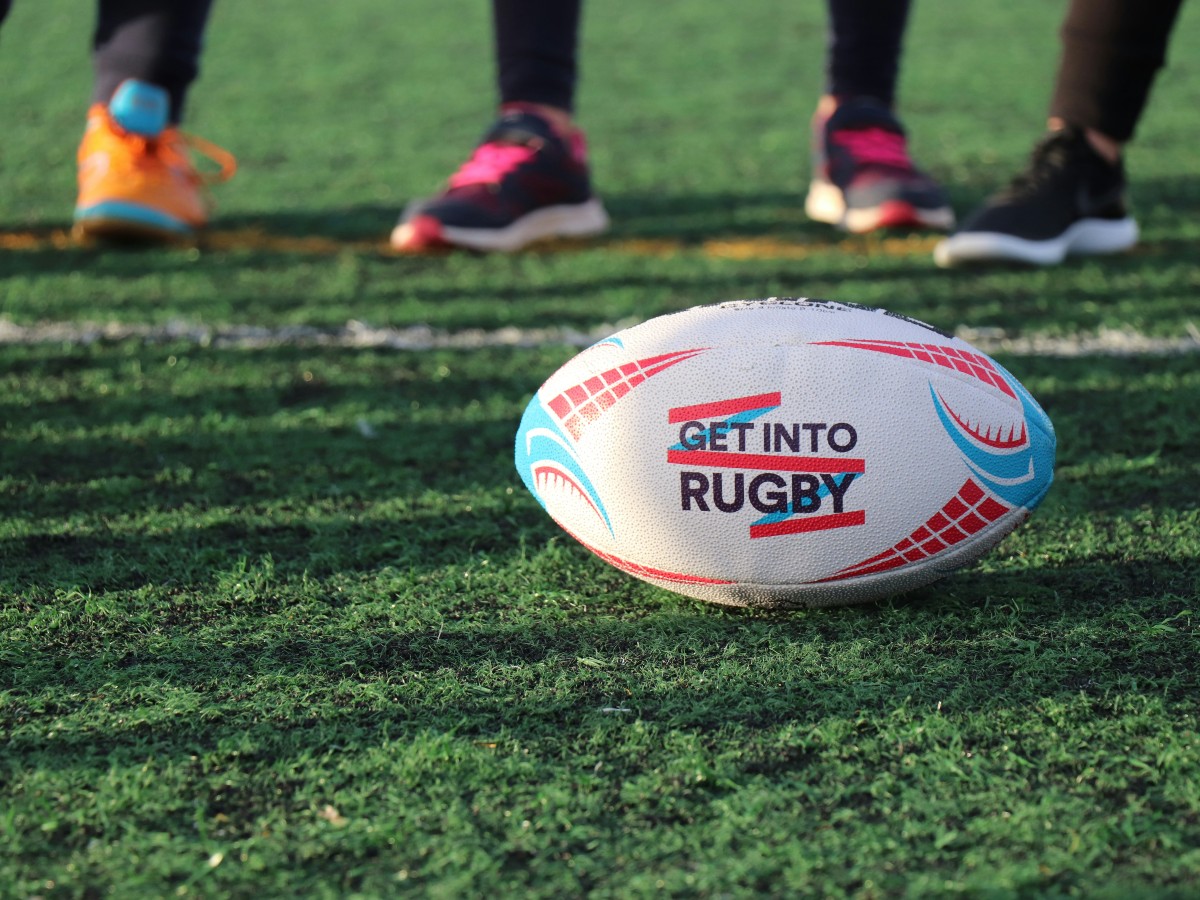Rugby, American football and soccer are undoubtedly popular sports. They all have a passionate and dedicated fan base in countries all around the world. While soccer has always been pervasively international, it wasn’t until rugby’s expansion into the Olympic Games in the early 1900s and American football’s expansion into new markets like London and Mexico in more recent times that they became global sports. Similarly, casino sister sites have expanded their reach globally, providing players with trusted platforms that share bonuses, games, and rewards across multiple brands.
So, American football stands out with its dramaticism and intricate and strategic playbooks, and soccer is celebrated for its skilful simplicity and true accessibility – but what about rugby? As the sport blends the continuous nature of soccer and the athletic intensity of American football, it offers a novel type of gameplay backed by sportsmanship, history and a tight-knit community.
Physicality and Athleticism
Rugby is physically and mentally demanding. Teams don’t just spend their time off the field working on their endurance, physical strength and skills but also dedicate countless hours to crafting and studying tactical plays and strategies. Although sports fans could argue that all sports have a mental and physical component, there’s next-level pressure and concentration required within the chaos of rugby.
While you’ll need to execute strategic plays just like American football, the game carries on continuously for 80 minutes with a single 10-minute break in between. As a respite from the excitement of the game, online casinos offer a hassle-free gaming platform with only real offers for fans to enjoy some downtime between gameplay.
Despite the tackles and scrums, there’s also a minimal allowance of protective gear. It’s just you, your teammates and the ball on the field. Many might see this as a flaw or drawback of the game, but it actually serves an interesting, more profound purpose. With the heavy protective gear worn in American football, players can be more prone to making bigger hits or taking more risks. Because rugby doesn’t have that abundance of protection, players are forced to turn to skill and a learned carefulness.
The rugby field is also significantly larger than both football and soccer fields, making physical endurance massively important to the game in general. Unlike the short bursts that we see in American football or the limited space covered by players in soccer, there’s an exceptional level of cardio required, highlighting the athleticism of the sport.
Strategy and Skill
The rules of rugby are certainly quite different from any other sport. A standout fundamental rule is that players can only pass the ball sideways or backwards. Most team sports have the cardinal rule of being able to pass the ball forward, but rugby prohibits it – you can only move forward by carrying or kicking it. This lateral passing rule is already a major test of skill, as all players need to execute accurate passes and stay vigilant when it comes to defending.
Given that all positions have both an offensive and defensive aspect to them, the game requires individuals to have a broad spectrum of skills. All players need to be able to kick, catch, tackle, run, and pass, and they need to have the mental resilience to get their heads in the game for two 40-minute bouts.
There’s also the strategic aspect of the game, where decision-making is done under a lot of pressure. With no starting and stopping, players need to commit to an array of split-second decisions. And it’s not just about which route to run or where to throw – it’s about deciding when to kick, the right passing angle, making defensive reads, how to support teammates and more. That’s exactly why the mental capacity required to play rugby is so intense.
Rugby scraps the rigid plays of American football and instead adopts a more fluid approach to formations and strategies. Coaches aren’t the ones who call the plays, which means the decision-making process is up to the players. Being out on the field themselves, they’re often able to judge the scenario and adjust their strategy based on specific circumstances or the flow of the game, making the entire game a lot more unpredictable and dynamic. This creates a stronger unity between players and places substantial responsibility on the team rather than on the staff on the sidelines.
Elevated Sportsmanship and Culture
Rugby culture is steeped in tradition and continues to marinate in it every day. We see this through the multitude of unique customs, as well as the respect and friendliness that players exude on and off the field. Certain cultural identities even influence the style of play, which speaks to the game’s versatility.
It’s a vastly different culture compared to American football culture, for example, where we see a sense of showmanship and bravado, extravagant commercialisation and wild tailgating parties. It also has specific ties to American patriotism, which doesn’t always resonate with everyone. With soccer, we also see the idolisation of players and the otherworldly dedication to their favourite clubs. There are chants to sing and mottos to live by that fans embrace with open arms.
In contrast, rugby doesn’t boast that level of commercialisation or superstar idolisation but instead emphasises true values such as camaraderie and sportsmanship. Rugby maintains its grassroots connection that will never be replaced. The traditions and history of the sports are deeply rooted – teams might applaud the opposition off the pitch, players often show a lot of discipline and spectators usually avoid actions like taunting and trash-talking. This inherent commitment to fair play means rugby’s rich heritage will live on for generations to come.


